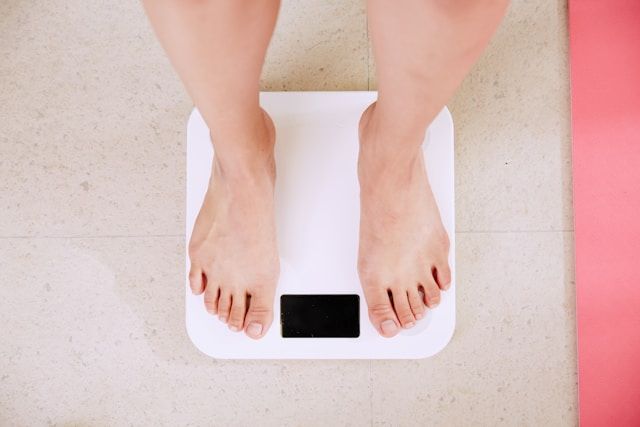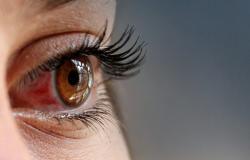Working and enjoying life are usually at the top of our daily lives. However, it is essential to include a good night’s sleep in our routine. Not surprisingly, experts suggest that people over the age of 18 maintain the habit of sleeping at least seven hours every day.
Estimates indicate that almost a third of adults sleep at least an hour less than they need, while another 10% overcome the gap by 2 hours or more. Seeking physical and mental well-being in life necessarily involves having a good night’s sleep. Especially given the serious side effects of sleeping less than necessary.
1. Low immunity
One of the side effects of not getting enough sleep is seeing your immune system, which is essential in fighting disease, weaken. This increases your risk of contracting illnesses, as well as making recovery from illness longer.
Many studies show how getting less sleep makes people more likely to get sick if they are exposed to a virus. For this reason, it is important to avoid sleep deprivation.
2. Decreased productivity
A person who sleeps less than their body needs will necessarily be a more tired person. The impact on productivity at work is one of the direct consequences of sleeping little, poorly or skipping sleep.
Researchers at the National Heart, Lung, and Blood Institute (NHLBI) shared a study that demonstrated lower productivity at work and school among people who slept poorly. In the institute’s study, these individuals took longer to perform the tasks, had a longer reaction time and made more mistakes.
3. Weight gain and risk of obesity

Doctors have already shown another harmful consequence of sleep deprivation: obesity. The relationship between the medical condition and a sleep routine of less than 6 hours was shown in a study published by National Library of Medicine. In it, individuals who slept less were 7.5 times more likely to have a higher BMI.
The correlation between the two goes in the opposite direction as well. In other words, obese people tend to have greater difficulty getting a quality night’s sleep. Research has shown that high weight is a contributing factor to obstructive sleep apnea, a type of disorder that occurs due to blockage of air passage through the pharynx.
4. Hallucinations

Hallucinations are terrible and frightening episodes because they seem real, even though they are just byproducts of the brain. Individuals who participated in a study published in National Library of Medicine and slept fewer hours than necessary, reported perceptual distortions and hallucinations, even without a previous history of psychiatric illness.
The same study correlated sleep problems with an increased frequency of psychotic disorders, such as hallucinations and delusional beliefs. It is important to note that the research observed patients in extreme cases of sleep deprivation, but demonstrated how quality of sleep can impact their mental health.
5. Heart problems

Exercising, maintaining a balanced diet and visiting your doctor regularly are effective ways to ensure your heart is healthy. But does not stop there. Sleeping poorly or even skipping sleep can result in a higher risk of heart attacks, the American Heart Association has shown.
A study by the institution showed that individuals who slept less than six hours a night had a 20% greater chance of a heart attack than patients who maintained a healthy sleep routine.










